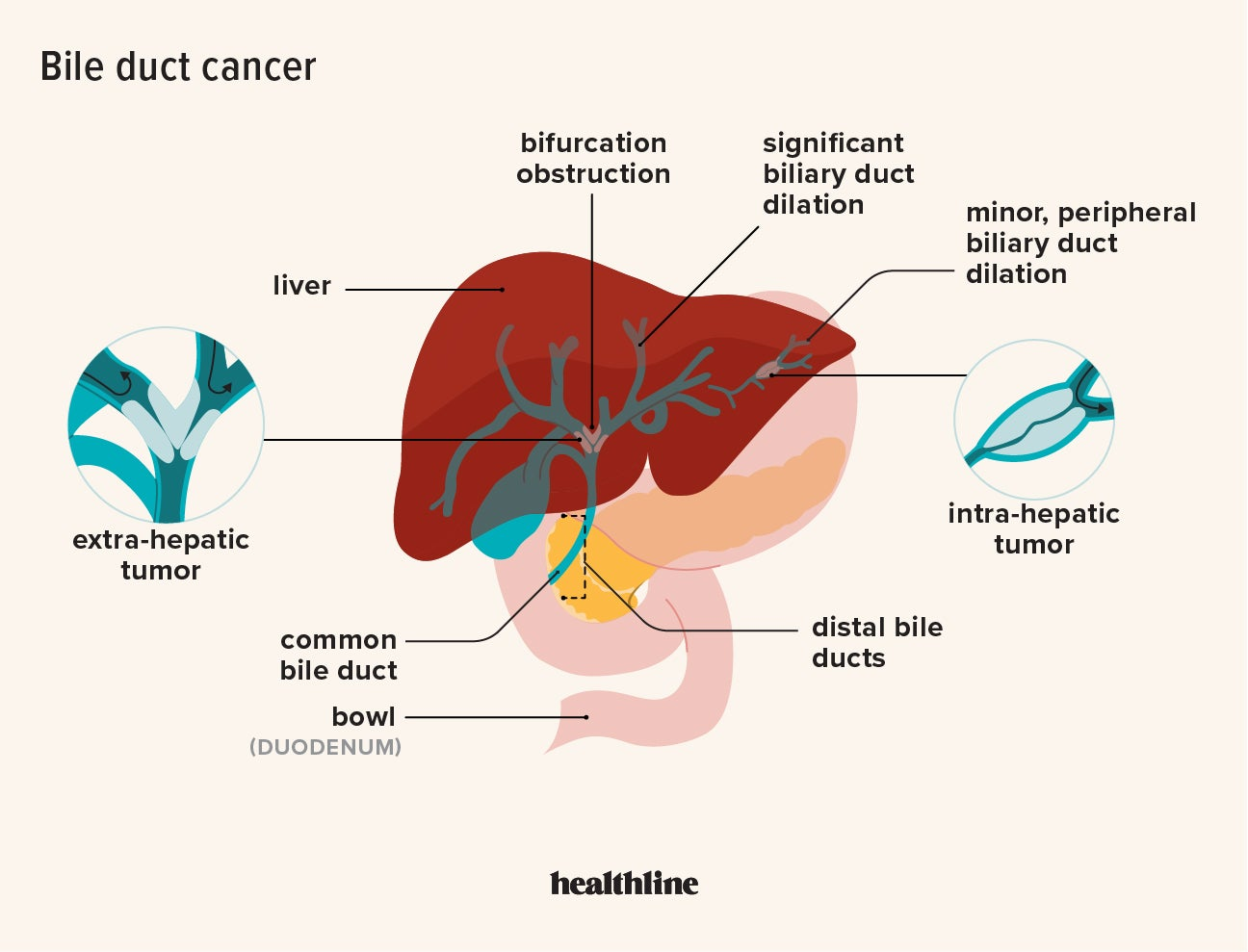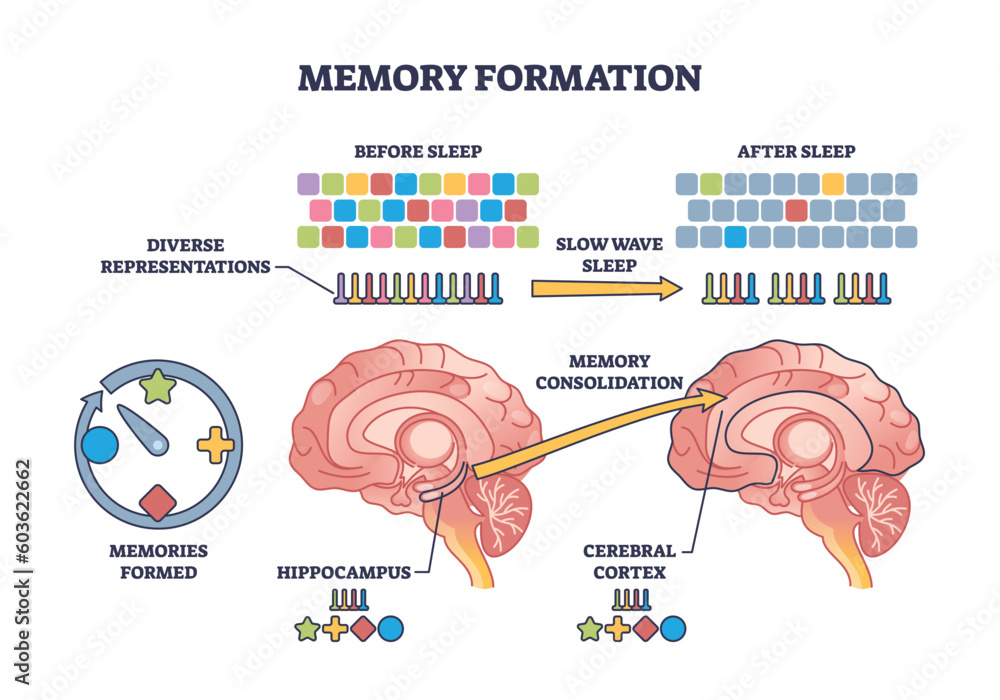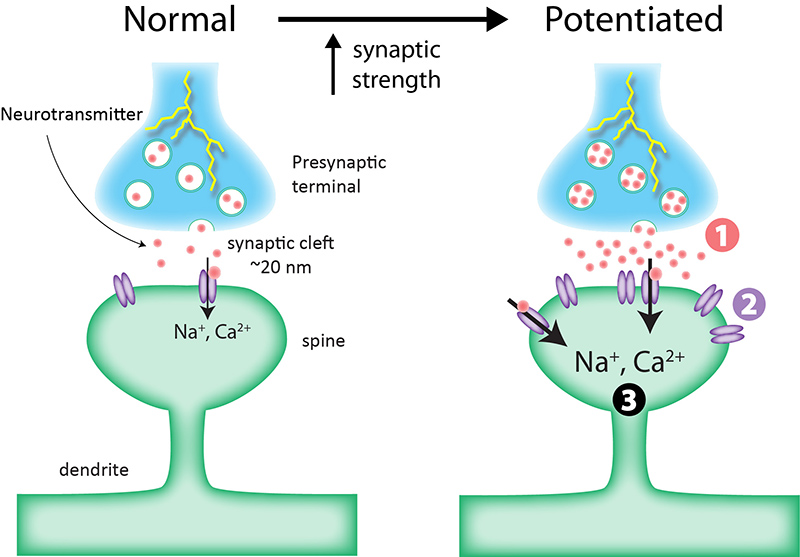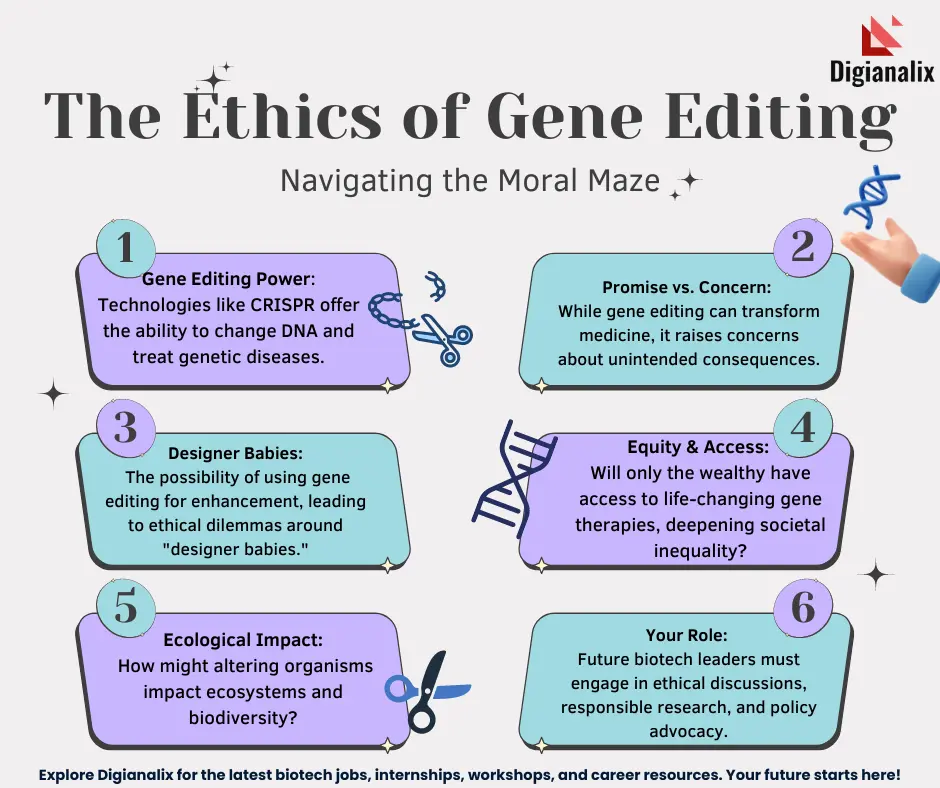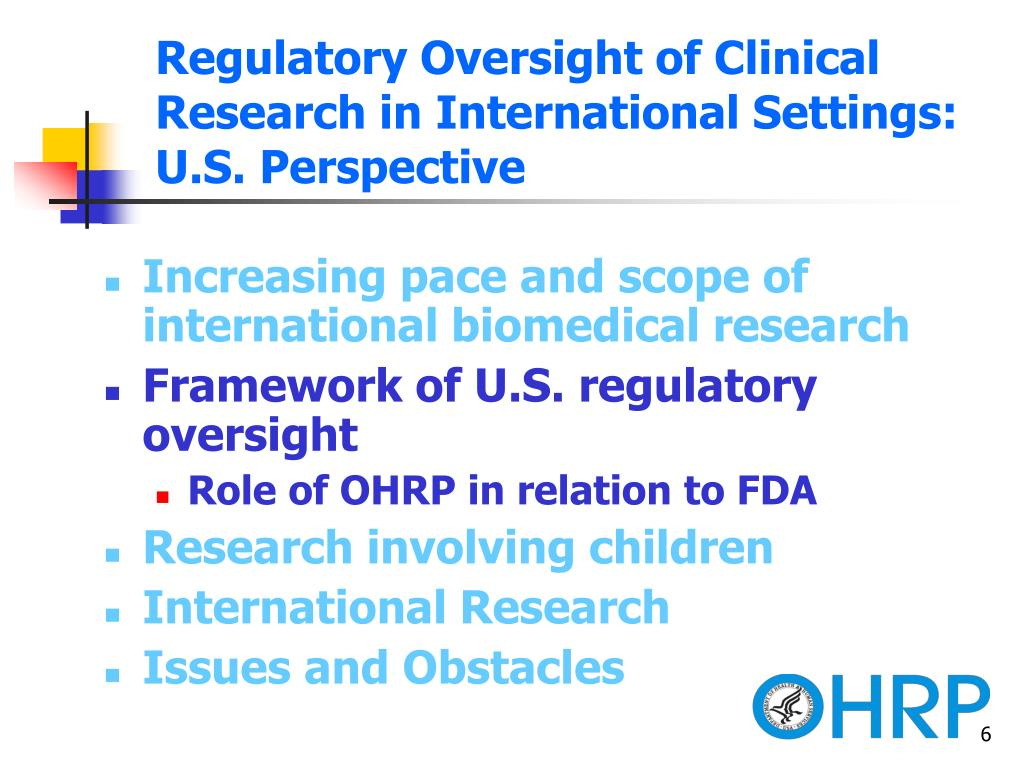
Global health is an urgent and often overlooked priority that requires immediate attention, as emphasized by health advocates like Atul Gawande. The dismantling of organizations such as USAID has highlighted how fragile our health infrastructure can be, with devastating consequences for millions around the world. Gawande’s insight into the significant drop in public health funding reveals the critical threats facing global health initiatives vital for tackling diseases like HIV, tuberculosis, and malaria. In a time when effective global health leadership is more crucial than ever, restoring support for these initiatives can make a profound difference. Only through collaborative efforts and a commitment to science can we hope to recover from these setbacks and strengthen the global health landscape for future generations.
The concept of worldwide wellness encompasses more than just a single nation’s healthcare policy; it reflects our collective commitment to enhancing public health on a global scale. As we navigate the aftermath of recent healthcare crises, the importance of a robust international health framework becomes increasingly evident. Alternative approaches to global wellness emphasize the need for cooperative health strategies and equitable access to medical resources worldwide. Renowned figures in health, such as Atul Gawande, spotlight the crucial challenges and opportunities presented in our pursuit of a healthier global community. Emphasizing a collaborative spirit and innovative funding solutions can lead to a transformational shift in how we address global health issues.
The Impact of USAID’s Decline on Global Health
The recent dismantling of the U.S. Agency for International Development (USAID) under the previous administration has left a significant void in global health efforts. Atul Gawande, a prominent surgeon and former leader at USAID, outlines how the agency’s budget cuts and staff reductions have critically hampered public health funding initiatives worldwide. This stark decline affects health infrastructure in developing nations, where programs aimed at combating diseases such as HIV, malaria, and tuberculosis relied heavily on USAID’s support.
With more than 85 percent of USAID’s programs terminated, millions who depended on these health services are now facing uncertainty. Gawande’s experience highlights the challenges of re-establishing a robust health network that previously aided countless communities. The consequences extend far beyond financial aspects; they impact global disease monitoring systems and erode the U.S.’s position as a leader in global health initiatives.
Restoring Health Infrastructure: Challenges and Solutions
While Gawande concedes that USAID may never regain its former influence, he emphasizes that it is not too late to restore critical health infrastructure and expertise. He cites the importance of revitalizing public health funding to reinstate effective response programs that once monitored diseases like Ebola and bird flu. The skills and talent available within the health community must be harnessed to innovate solutions and respond swiftly to public health crises.
The need for targeted funding and technical assistance in global health is essential, as Gawande explains. It’s not merely about having a plan on paper; the real challenge lies in the implementation and follow-through of health initiatives. Reviving collaboration between government agencies, health organizations, and universities is crucial to support ongoing programs effectively and ensure that healthcare reaches those most in need.
Atul Gawande: A Vision for Future Global Health Leadership
Atul Gawande’s vision for global health leadership reflects an optimistic yet realistic perspective on America’s role moving forward. While he acknowledges the setbacks faced by USAID and the U.S. government, he believes that the collective expertise and commitment of health professionals, including those in Massachusetts and beyond, can uphold the nation’s involvement in global health efforts. Gawande’s advocacy points toward the necessity for future leaders who are willing to contribute to health solutions without relying solely on federal directives.
He emphasizes that even if the United States reduces its leadership role in global health, new champions will rise from other nations and communities committed to international health. This shift presents opportunities for emerging leaders to take charge of health initiatives, ensuring that critical services continue to deliver effective healthcare worldwide. Gawande’s call to arms resonates strongly: students and health professionals must remain dedicated to the advancement of science and the wellbeing of global populations.
Addressing Public Health Funding Gaps
The reduction in public health funding is a critical concern highlighted by Gawande, especially in light of recent government actions that have stifled essential research and outreach efforts. With federal programs at risk, the sustainability of health solutions could be undermined. Several initiatives aimed at reducing maternal and childhood deaths or controlling infectious diseases relied on predictable funding streams, which have now been jeopardized. This precarious state necessitates urgent action to shore up support for these vital health programs.
Potential funding gaps create an unstable environment for both developing countries and emergency response efforts in the U.S. The need for a diverse funding portfolio that includes public-private partnerships, philanthropic contributions, and innovative financing mechanisms has never been more urgent. By building resilient health infrastructure through varied financial channels, the global community could better prepare for future health challenges and ensure that no population is left vulnerable.
The Role of Technical Assistance in Health Outcomes
Technical assistance plays a fundamental role in improving health outcomes, as mentioned by Gawande. The transition from having basic healthcare services to achieving high vaccination rates and comprehensive care models involves strategic support and guidance from organizations like USAID and the World Health Organization. The success in elevating vaccination percentages from 60% to 90% isn’t merely statistical; it reflects the profound impact that expert assistance can have in shaping successful public health strategies.
By providing ongoing education and resources, health organizations can enable local leaders to implement effective programs tailored to their communities’ unique needs. This not only ensures that interventions are culturally appropriate but also empowers healthcare providers on the ground to deliver life-saving services sustainably. Maximizing the potential of partnerships in global health can lead to long-term improvements in healthcare delivery worldwide.
Hope for Global Health Under New Leadership
Despite the challenges posed by recent administrative changes, Gawande maintains a hopeful outlook on the future of global health leadership. He underscores the importance of resilience and adaptability among health professionals, highlighting that the need for qualified individuals in public health persists regardless of current setbacks. As other nations prepare to step into the vacuum left by diminished U.S. involvement, a new landscape of global health collaboration may emerge.
In this new global health framework, the health community’s agility and dedication will be put to the test. Emerging public health leaders, both in the U.S. and globally, will need to advocate for evidence-based approaches and nurture partnerships that can deliver effective solutions to pressing health issues. Gawande’s encouragement to students and the healthcare workforce is a reminder that their expertise will be invaluable in shaping the future of global health.
Lessons Learned from Past Global Health Initiatives
Reflecting on the history of global health initiatives leads to valuable lessons, particularly regarding accountability and responsiveness. Gawande’s observations about the successes achieved through USAID’s commitment serve as a testament to what can be accomplished when strong leadership and sufficient funding converge. Those who worked within the framework of these successful programs understand the intricate balance between technical expertise and the need for political support to make lasting impact.
As nations navigate the complexities of global health, redefining priorities based on past accomplishments can provide a blueprint for future action. Incorporating lessons learned into new initiatives can lead to better preparedness for emergent health threats, ensuring that health infrastructures can adapt and evolve in accordance with shifting global trends. Through collaboration and reflective practices, public health leaders can maximize the potential of their resources to meet the health needs of the populations they serve.
The Importance of Student Engagement in Global Health
Atul Gawande’s engagement with students emphasizes the essential role that the next generation plays in driving forward global health initiatives. As future leaders, students have a unique perspective and the capacity to influence the trajectory of public health policies. By reinforcing their commitment to science and public health, they can foster innovative ideas and solutions that contribute to a healthier world.
Encouraging student engagement also helps create a pipeline of talent ready to face emerging health challenges. Institutions must promote learning opportunities that bridge academic theory with practical application in public health settings. By doing so, students not only gain invaluable experience but also equip themselves to advocate for health policies that prioritize equity and accessibility throughout their careers.
Future Directions for Global Health Initiatives
In envisioning future global health initiatives, it is vital to consider adaptable frameworks that respond to a rapidly changing world. Gawande’s predictions highlight the importance of emerging technologies and data-driven approaches that can enhance the efficiency and effectiveness of health programs. By investing in innovative solutions, health leaders can build resilience in healthcare systems and ensure they are equipped to withstand future crises.
Global health efforts must also remain inclusive, ensuring diverse voices are part of the conversation. Representation from different regions and communities will lead to more comprehensive strategies that address the specific needs of various populations. Future global health initiatives should seek to foster collaboration across borders, promoting shared knowledge and resources to tackle the pressing health issues that transcend national boundaries.
Frequently Asked Questions
What impact does USAID have on global health initiatives?
USAID plays a critical role in global health by funding programs that address infectious diseases, maternal and child health, and public health infrastructure. Under Atul Gawande’s leadership, USAID developed a rapid-response network in over 50 countries for diseases like Ebola, significantly reducing response times for outbreaks. However, recent cuts have jeopardized these vital contributions, highlighting the need for robust public health funding to maintain progress.
How has Atul Gawande contributed to global health leadership?
Atul Gawande has made significant contributions to global health leadership through his role at USAID, where he implemented innovative health programs and strengthened healthcare systems. His advocacy for science and medicine emphasizes the importance of sustained public health funding, particularly for initiatives that save lives and improve health outcomes worldwide.
What are the challenges facing global health infrastructure today?
The global health infrastructure is currently facing severe challenges due to political changes that have led to funding cuts and staffing reductions at agencies like USAID. This dismantling of resources threatens health programs that have successfully addressed issues like maternal mortality and infectious diseases, underscoring the urgent need for revitalized global health funding and leadership.
How does public health funding influence global health outcomes?
Public health funding is essential for implementing effective health programs that reduce disease incidence and improve community health. Strong financial support allows agencies like USAID to build capacity, conduct research, and deliver medical interventions, ultimately leading to better health outcomes such as increased vaccination rates and lower maternal and child mortality.
What is the future of global health with dwindling U.S. support?
The future of global health may be uncertain due to reduced U.S. support and leadership, as expressed by Atul Gawande. However, other countries and local leaders may step up to fill the gap, continuing the vital work of addressing health issues worldwide. Effective global health initiatives will depend on collaboration, innovation, and continued commitment to public health funding.
What lessons can be learned from the recent challenges in global health?
Recent challenges in global health highlight the importance of maintaining strong health infrastructure and public health funding. The experiences under Atul Gawande at USAID remind us that proactive leadership, investment in health systems, and sustained political support are vital for effective global health outcomes and emergency preparedness.
| Key Points |
|---|
| Atul Gawande highlights the significant damage to global health caused by the dismantling of USAID under the Trump administration. |
| Gawande stresses the importance of science and medicine for students and faculty, encouraging them to stay committed. |
| USAID’s budget cuts have severely impacted its ability to respond to global health crises efficiently. |
| Programs for maternal and child health, as well as disease prevention, were instrumental in improving health outcomes before the cuts. |
| Gawande remains hopeful about the future of global health, despite concerns about U.S. leadership. |
| He emphasizes the need for technical assistance and follow-through to maintain and improve vaccination efforts. |
Summary
Global health is at a critical juncture, as highlighted by Atul Gawande’s insights into the impact of political decisions on global health infrastructures. The disbandment of USAID programs has not only jeopardized the health of millions but also poses a threat to the United States’ position as a global health leader. While challenges abound, Gawande encourages the new generation of health professionals to rally around the importance of science and medicine. The future may depend on collective efforts from various nations and local leaders stepping up where national commitments wane. Ultimately, the work of global health remains vital, and each individual’s expertise will be essential in addressing these global challenges.

